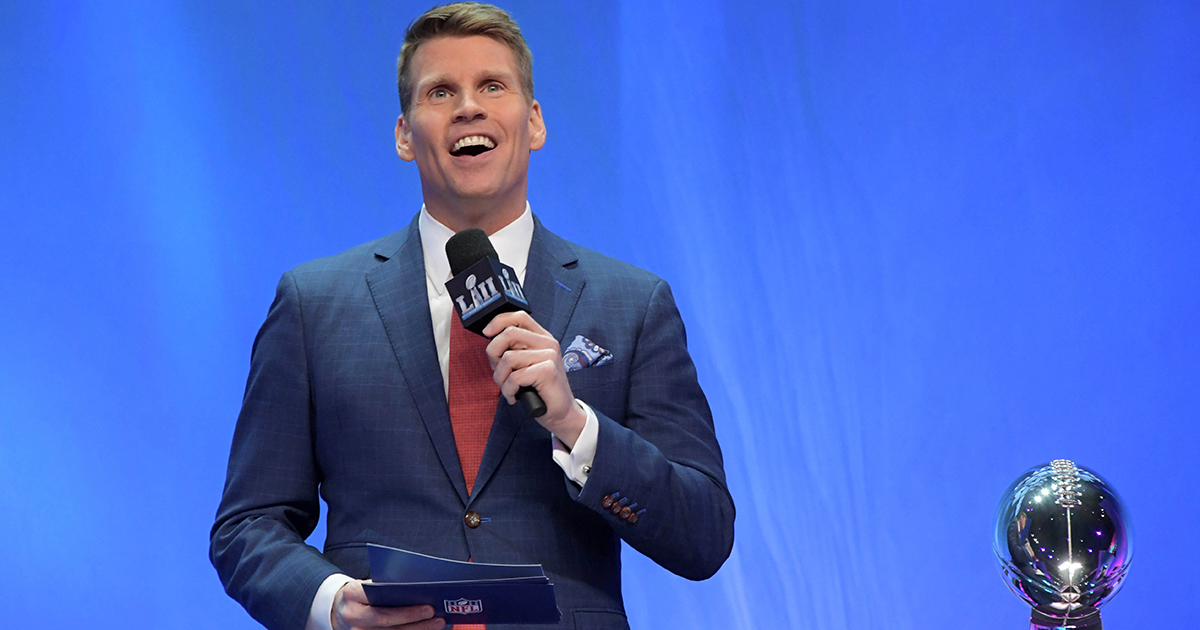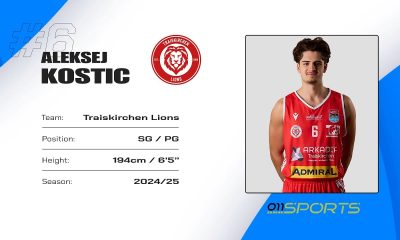Mizzou football coach Eliah Drinkwitz has made one thing clear on Missouri’s hire of Gaurav Verma: He is not a general manager.
While the GM position is becoming a more prevalent role across other programs and sports — including Tim Fuller for Mizzou men’s basketball — it isn’t something Drinkwitz is currently seeking.
Instead, Verma will step into a role as director of football strategy and finance.
“I just want to make it clear: he’s not a GM. … That’s not even kind of what we did,” Drinkwitz said Saturday in a news conference. “It’s really just roster construction; he doesn’t have the ability to fire me.”
Verma will be the business guru of sorts for Missouri, or as Drinkwitz likes to call it, “G-Money.” The idea of his role is navigating the program through revenue sharing and contract management amid the expansion of NIL with the $2.8 billion House settlement.
With plenty of experience under his belt in the finance world, Verma has the credentials to take on such a role.
What is Verma bringing to Mizzou?
Verma received a bachelor’s degree in economics and political science from Johns Hopkins in 2017. He later earned an MBA in finance from MIT in 2023.
Verma’s experience primarily consists of investment banking and data science. However, his most recent position came with the Denver Broncos as a salary cap specialist, per a Mizzou Athletics news release. According to his LinkedIn profile, it was also an administrative role.
Although the NFL salary cap is different than that of college football, Verma seems to be tackling a similar job with Missouri. Now that athletic departments can share up to $20.5 million of revenue with student-athletes, having someone with his background can help ensure the football program’s share is distributed properly.
What Verma provides isn’t going to directly translate on to the field, but he will be an important part of what the Tigers can build in the future.
“With college football evolving rapidly through revenue sharing and strategic roster management, I’m excited to apply my background in finance and the NFL to help Mizzou build sustainably competitive teams on the sport’s biggest stage — the SEC,” Verma said Friday in a news release.
What does the role mean?
Verma is the first-ever director of football strategy and finance at Mizzou, so there isn’t much groundwork to estimate what his impact could look like. However, there are enough details to get an idea.
These following job responsibilities are stated in the news release:
- Roster, scholarship and revenue cap planning
- Talent evaluation and scouting operations
- Recruiting calendar and logistics
- Analytics and recruiting infrastructure
- Compliance, NIL and interdepartmental collaboration
Verma will be reporting directly to Drinkwitz on any matters, while also collaborating with the “recruiting staff, compliance department, athletics administration and Every True Tiger Brands.”
So, what does that all mean?
Unlike Fuller, Verma isn’t expected to handle much of the player and agent relations. His job ultimately comes down to strategic planning for the program’s finances — an area that Drinkwitz can now take less of a responsibility in. The NIL expansion brings a lot of question marks, but he can help answer them.
As Drinkwitz mentioned Saturday, Verma will be able to inform the program on what the contracts of players look like. The third-string running back, a second-year returner and incoming recruits all bring different value, and he can determine what the designated salary for each should look like. In roster building, this should ensure stability and continuity.
As college athletics undergo substantial changes, Verma’s hire puts Mizzou in a position to be ready for them.



 AI-assisted summaryTexas Tech baseball player Ryan Free will return to the Red Raiders for another season after playing for Angelo State.Free previously played for Texas Tech for two seasons before transferring.He received an extra year of eligibility due to an NCAA ruling related to athletes who started at non-NCAA programs.Free’s pitching record at Texas Tech includes a 5-4 record with a 4.11 ERA in 2023 and a 6-2 record with a 6.36 ERA in 2024.The Texas Tech baseball team hasn’t seen the last of Ryan Free, apparently.
AI-assisted summaryTexas Tech baseball player Ryan Free will return to the Red Raiders for another season after playing for Angelo State.Free previously played for Texas Tech for two seasons before transferring.He received an extra year of eligibility due to an NCAA ruling related to athletes who started at non-NCAA programs.Free’s pitching record at Texas Tech includes a 5-4 record with a 4.11 ERA in 2023 and a 6-2 record with a 6.36 ERA in 2024.The Texas Tech baseball team hasn’t seen the last of Ryan Free, apparently.



























































